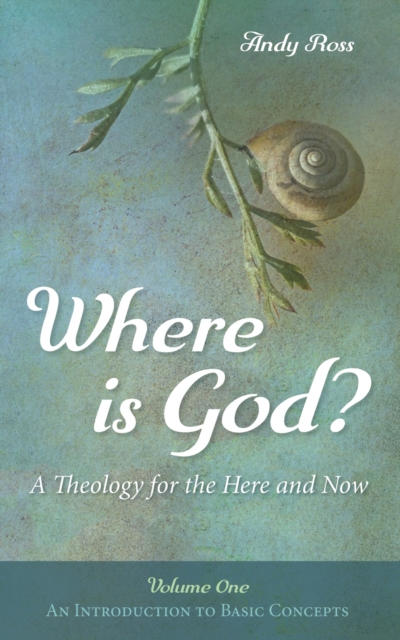
Feeling Time
Literary historians have tended to associate the eighteenth century with the rise of the tyranny of the clock—the notion of time as ruled by mechanical chronometry. The transition to standardized scheduling and time-discipline, the often-told story goes, inevitably results in modernity''s time-keeper societies and the characterization of modern experience as qualitatively diminished.
In Feeling Tim...
Literary historians have tended to associate the eighteenth century with the rise of the tyranny of the clock—the notion of time as ruled by mechanical chronometry. The transition to standardized scheduling and time-discipline, the often-told story goes, inevitably results in modernity''s time-keeper societies and the characterization of modern experience as qualitatively diminished.
In Feeling Tim...
